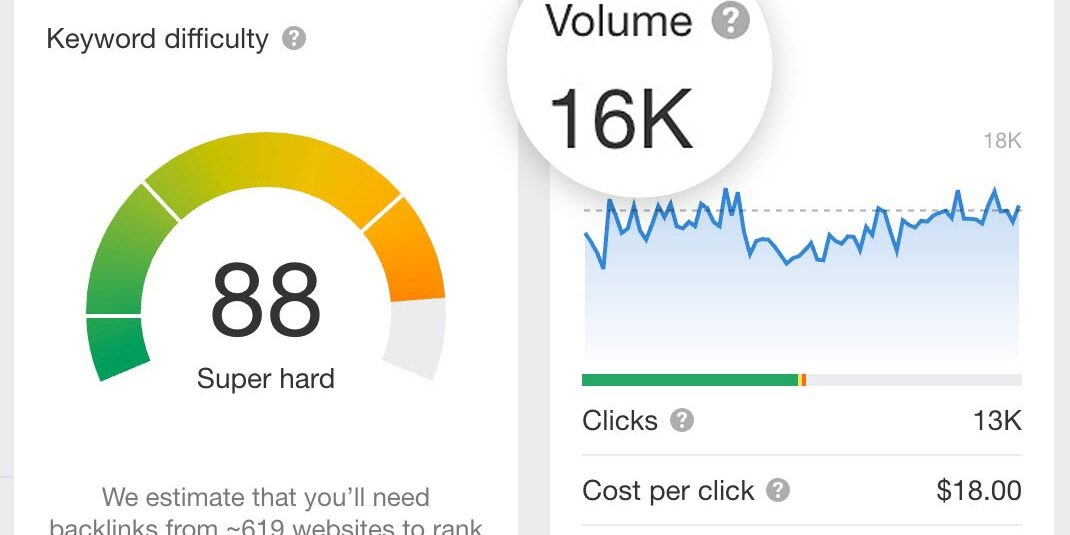Introduction
Discover the Art of Unearthing High Search Volume with Low Competition keywords! Learn How to Find High Volume Low Competition Keywords and Boost Your SEO Strategy for Maximum Visibility and Success.
Keywords are the backbone of any successful SEO strategy. They have the power to drive traffic, increase visibility, and ultimately boost your website’s ranking on search engine result pages (SERPs). In this article, we will discuss the importance of finding high volume low competition keywords and provide you with a comprehensive guide on how to uncover them. By targeting these keywords, you can attract a large volume of organic traffic while facing minimal competition. So, let’s dive in and unlock the potential of these valuable keywords.
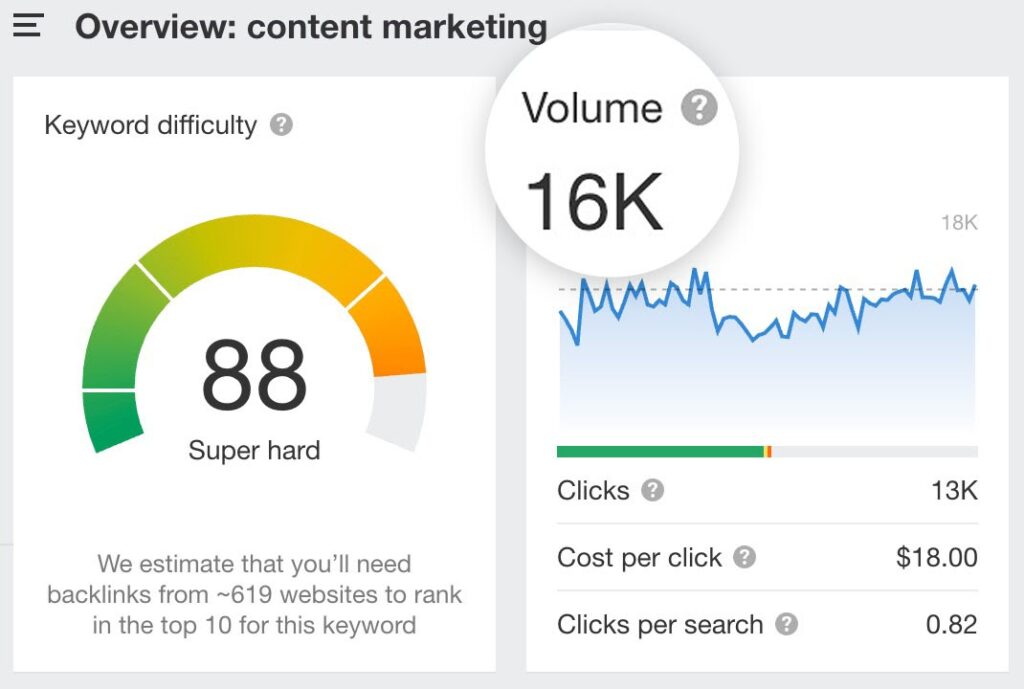
Understanding High Serch Volume With Low Competition Keywords
Before we embark on our keyword research journey, it is essential to establish a clear understanding of high volume low competition keywords. High-volume keywords refer to search terms that have a significant number of monthly searches. On the other hand, low-competition keywords are those for which there is minimal competition among websites trying to rank for them.
Benefits of Targeting High Search Volume With Low Competition Keywords
Why should you strive to target high volume low competition keywords? The benefits are manifold. By targeting these keywords, you increase the likelihood of ranking higher on SERPs, as there is reduced# How to Find High Volume Low Competition Keywords
Introduction
- Unleashing the power of keywords
- The importance of finding high volume low competition keywords
- Overview of the article structure
Keywords play a pivotal role in the success of any online business. They hold the ability to unlock the potential of your content, increase visibility, and attract organic traffic to your website. However, not all keywords are created equal. In order to truly reap the benefits, it is vital to identify high volume low competition keywords. These are the hidden gems that can drive significant traffic to your website without facing fierce competition. This article will guide you through the process of finding these valuable keywords and equip you with the necessary strategies to rank higher in search engine results. So, let’s dive in!
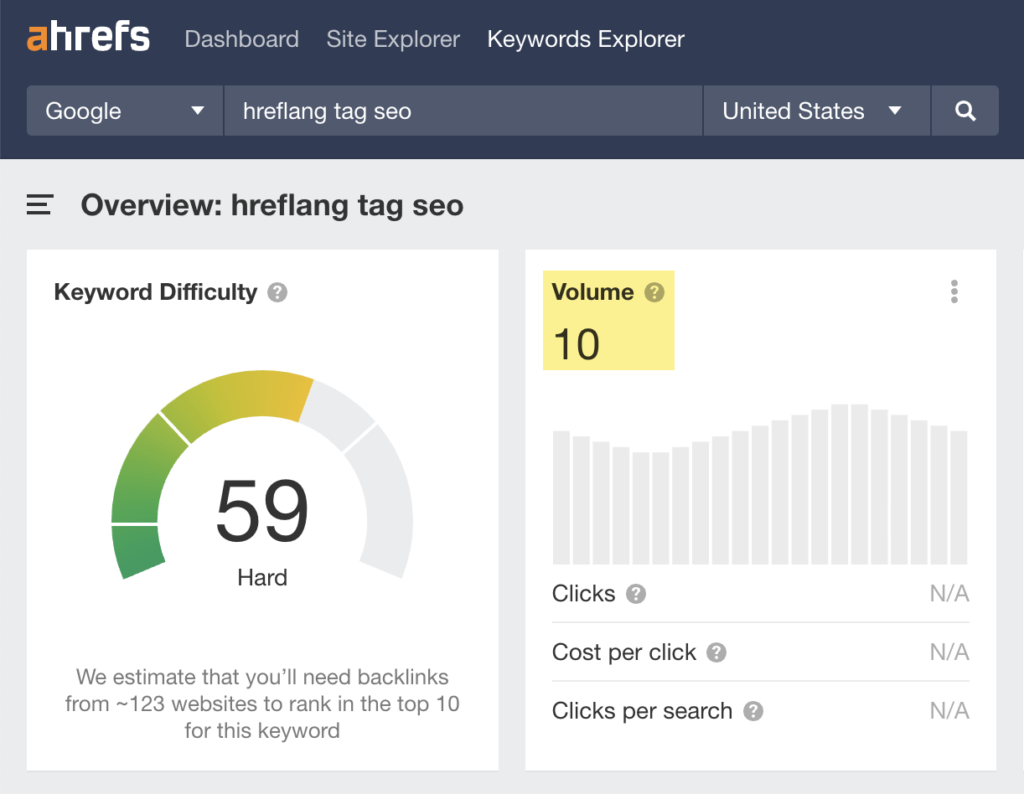
Understanding High Volume Low Competition Keywords
- Defining high-volume and low-competition keywords
- Benefits of targeting these keywords
High volume low competition keywords refer to search terms that have a substantial search volume with a relatively lower level of competition. Essentially, these keywords have a high demand (volume) but a relatively lower supply (competition). By targeting these keywords, you can position your content in front of a larger audience, while minimizing the competition for ranking positions. The advantages of targeting such keywords include increased organic traffic, higher conversion rates, and a greater chance to establish yourself as an authority in your niche.
The Role of Keyword Research Tools
- Introduction to keyword research tools
- Popular keyword research tools in the market
- How to select the right tool for your needs
Keyword research tools are invaluable assets in any marketer’s arsenal. These tools simplify the process of finding high volume low competition keywords by providing valuable data and insights. Some of the popular keyword research tools in the market include Google Keyword Planner, SEMrush, Ahrefs, Moz Keyword Explorer, and KeywordTool.io. When selecting the right tool for your needs, it’s important to consider factors such as accuracy, user-friendliness, available features, and budget. It may be beneficial to try out multiple tools to find the one that suits your requirements and preferences the best.
Analyzing Competitor Keywords
- Identifying top competitors in your niche
- Utilizing competitor analysis tools
- Extracting valuable insights from competitor keywords
To gain a competitive edge, it’s crucial to understand what keywords your competitors are targeting. By identifying the top competitors in your niche and utilizing competitor analysis tools, you can gain valuable insights into their keyword strategies. Tools like SEMrush, Ahrefs, and Moz can help you uncover the keywords your competitors are ranking for, their search volumes, and the level of competition associated with those keywords. By analyzing and understanding their keyword choices, you can discover untapped keyword opportunities and tailor your content to surpass them in search engine rankings.
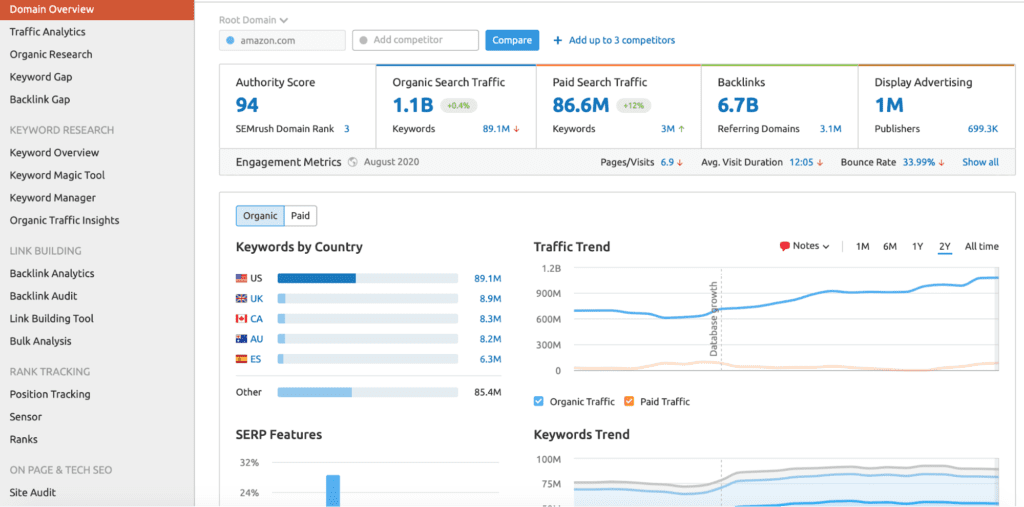
Long-tail Keywords: Your Goldmine
- Understanding long-tail keywords and their significance
- Unveiling the search intent behind long-tail keywords
- Strategies for generating long-tail keywords
Long-tail keywords are specific phrases or search queries with a lower search volume but higher relevance and specificity. They often consist of three or more words and cater to the specific needs or interests of users. While the search volume for each long-tail keyword may be lower, collectively they can drive substantial traffic and conversion rates. Understanding the search intent behind long-tail keywords is crucial for optimizing your content and aligning it with what users are truly looking for. To generate long-tail keywords, consider brainstorming related phrases, utilizing long-tail keyword research tools, and analyzing natural language patterns used by your target audience.
Leverage the Power of Google Trends
- Introduction to Google Trends
- Analyzing keyword trends and seasonality
- Discovering untapped keyword opportunities through Google Trends
Google Trends is a powerful tool that provides insights into the popularity and search volume trends of specific keywords over time. By analyzing keyword trends and seasonality, you can identify patterns and predict the demand for certain keywords during specific times of the year. Google Trends also helps you discover untapped keyword opportunities by showcasing rising or emerging search terms. By leveraging this free tool, you can align your content with the latest trends and capitalize on emerging keywords before they become highly competitive.
Using Google Keyword Planner
- Overview of Google Keyword Planner
- Utilizing its keyword search volume and competition metrics
- Unveiling high volume wirh low competition keywords with Google Keyword Planner
Google Keyword Planner is a widely used tool that offers valuable keyword insights directly from the search engine giant itself. By providing keyword search volume and competition metrics, Google Keyword Planner helps you identify keywords that have a high search volume but are relatively less competitive. This is crucial information for finding high volume low competition keywords that can boost your website’s visibility. By exploring the keyword ideas and related keywords suggested by Google Keyword Planner, you can uncover hidden gems that align with your content and attract relevant traffic.

Uncovering Hidden Gems with Alternative Keyword Research Tools
- Exploring lesser-known keyword research tools
- Unique features and benefits of alternative tools
- Unveiling high-potential keywords using alternative tools
While popular keyword research tools are highly effective, it’s worth exploring lesser-known alternatives that may offer unique features and benefits. Tools like KeywordTool.io, Long Tail Pro, and Ubersuggest can provide additional insights into high volume low competition keywords that may not be as easily discoverable through mainstream tools. These alternative tools may utilize different algorithms, data sources, or metrics, allowing you to uncover unique keyword opportunities that others may have overlooked.
Harnessing the Power of Niche-Specific Forums and Communities
- Identifying relevant forums and communities
- Extracting low-competition keyword ideas from discussions
- Leveraging user-generated content to find high-volume keywords
Niche-specific forums and online communities are treasure troves of valuable information and keyword ideas. By participating in these platforms and observing discussions, you can identify the language, phrases, and topics that resonate with your target audience. Pay attention to the questions, problems, or topics that users frequently discuss, as they can provide valuable low-competition keyword ideas. Additionally, user-generated content, such as comments or reviews, can offer insights into popular phrases or keywords used within your niche.
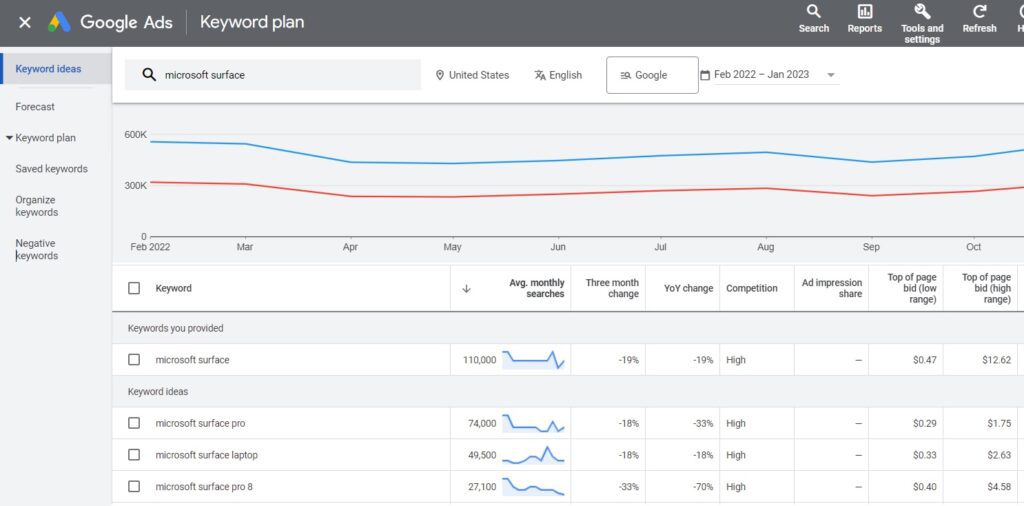
The Power of Social Media for Keyword Research
- Utilizing social media platforms for keyword research
- Extracting keyword ideas from trending topics and hashtags
- Identifying low competition keywords through social media analysis
Social media platforms are not only a place for engagement and connection but also a rich source of keyword inspiration. By monitoring trending topics, hashtags, and discussions within your niche, you can identify relevant keywords and phrases that are currently popular or gaining traction. Social media analysis tools, such as Hootsuite or Sprout Social, can help streamline the process by providing analytics and insights into the conversations taking place on various social media platforms. By leveraging social media for keyword research, you can uncover low-competition keywords that resonate with your target audience.
Analyzing Related Searches and Autocomplete
- Using Google’s “Related Searches” feature
- Leveraging “Autocomplete” for keyword inspiration
- Identifying hidden opportunities through related searches and autocomplete
Google’s “Related Searches” feature and “Autocomplete” suggestions are valuable resources for keyword research. By examining the related searches provided at the bottom of the search engine results pages (SERPs), you can identify variations, synonyms, or related queries that are highly relevant to your target keywords. Additionally, as you type a search query into Google’s search box, the “Autocomplete” feature suggests popular search phrases based on historical data. These suggestions can offer insights into popular and commonly searched phrases, ultimately helping you identify hidden opportunities and refine your keyword selection.
Unveiling High Volume Low Competition Keywords with SEMrush
- Introduction to SEMrush keyword analysis
- Utilizing SEMrush for competitive analysis
- Finding golden keywords with low competition using SEMrush
SEMrush is a comprehensive SEO tool that can provide valuable keyword insights and competitive analysis. By using SEMrush’s keyword analysis feature, you can uncover keywords with high search volumes and low competition levels. The tool allows you to analyze the keywords your competitors are targeting, discover new keyword opportunities, and assess the competitiveness of specific search terms. By leveraging SEMrush, you can gain a competitive advantage and identify high search volume low competition keywords that will drive organic traffic to your website.
Leveraging YouTube for Keyword Research
- Exploring YouTube as a keyword research platform
- Identifying high-volume low-competition keywords on YouTube
- Utilizing YouTube’s auto-suggest feature for keyword inspiration
YouTube, the second-largest search engine, presents a unique opportunity for keyword research. By exploring the platform and analyzing popular videos within your niche, you can identify high search volume low competition keywords that can boost your video content’s visibility. Pay attention to the video titles, descriptions, and tags used by successful creators, as they often contain valuable keyword insights. Additionally, YouTube’s auto-suggest feature can provide inspiration for potential keywords by displaying popular search queries as you type in the search box.
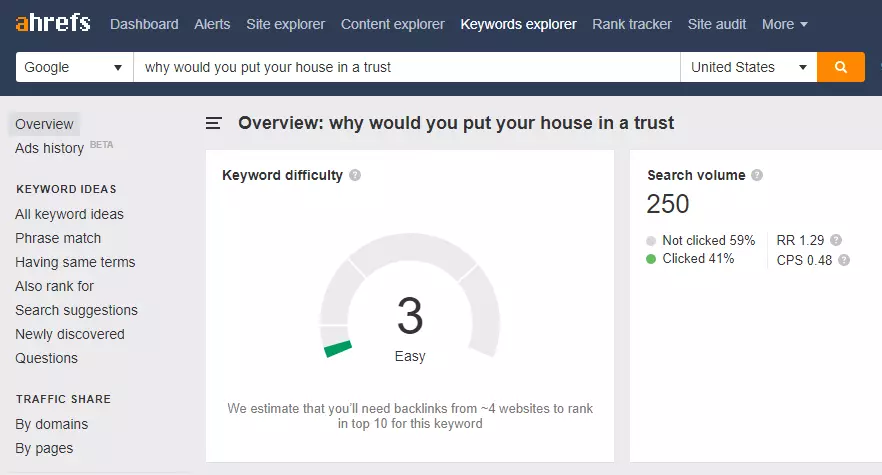
Analyzing Quora and Reddit for Keyword Opportunities
- Utilizing Quora as a keyword research platform
- Identifying low-competition keywords through Reddit
- Extracting valuable keyword insights from Quora and Reddit discussions
Quora and Reddit are vibrant online communities where users ask questions, discuss various topics, and seek advice. By browsing through relevant Quora threads and Reddit discussions, you can identify the language, phrases, and keywords commonly used by your target audience. Pay attention to frequently asked questions or popular topics, as they can provide low-competition keyword ideas. Additionally, comments and responses within these platforms can offer valuable keyword insights from real users.
Applying Advanced Keyword Research Techniques
- Analyzing co-occurring terms and co-occurrence matrices
- Harnessing the power of latent semantic indexing (LSI)
- Unveiling keywords with high volume and low competition through advanced techniques
To take your keyword research to the next level, consider applying advanced techniques such as analyzing co-occurring terms and utilizing latent semantic indexing (LSI). Co-occurring terms refer to keywords that frequently appear together and can offer insights into the context and relevance of various search terms. Co-occurrence matrices provide a visual representation of the relationship between keywords within a specific dataset. Additionally, LSI analyzes the semantic meaning behind words and helps identify related terms that can enhance your keyword selection. By incorporating these advanced techniques, you can uncover high volume low competition keywords that are highly relevant to your content.
Creating Content Optimized for High Volume Low Competition Keywords
- Developing an SEO-friendly content strategy
- Incorporating high volume low competition keywords into your content
- Tips for optimizing on-page elements for targeted keywords
Once you have identified your high volume low competition keywords, it’s important to create content that is optimized for them. Start by developing an SEO-friendly content strategy that aligns with your keyword research findings. Incorporate the targeted keywords naturally into your content, ensuring they appear in the title, headings, meta tags, and throughout the body of your text. Additionally, optimize on-page elements such as URL structure, image alt tags, and internal linking to further enhance the visibility and relevance of your content.
Tracking and Measuring Keyword Performance
- Understanding the importance of tracking keyword performance
- Utilizing analytics tools to measure keyword success
- Iterative keyword optimization strategies for long-term success
Tracking the performance of your keywords is crucial for measuring the effectiveness of your keyword research efforts. By using analytics tools such as Google Analytics or SEMrush, you can monitor the organic traffic, click-through rates, and conversions generated by specific keywords. This data allows you to identify the keywords that are driving the most valuable traffic and adjust your keyword strategy accordingly. Iterative optimization strategies, such as analyzing search queries in Google Search Console and experimenting with different variations, can help you improve your keyword rankings and achieve long-term success.
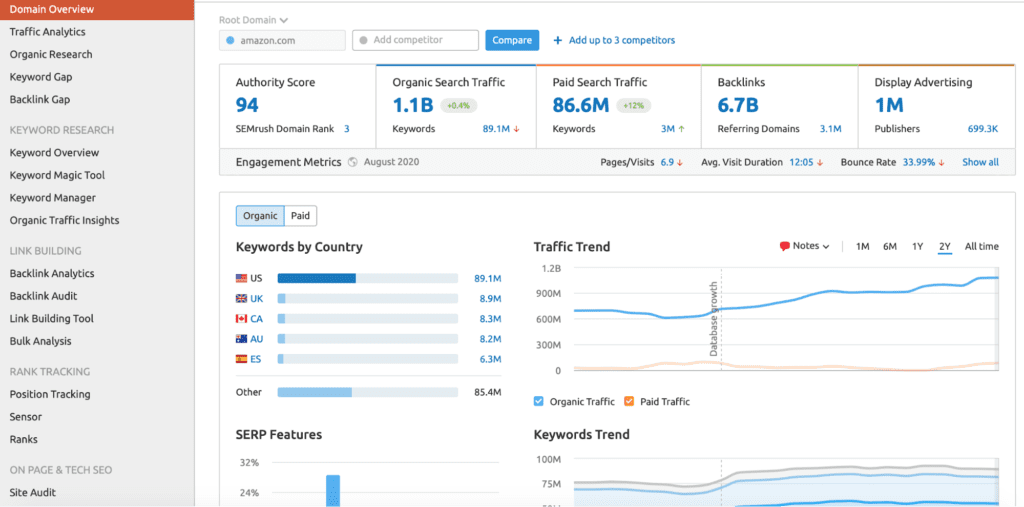
Summary: Your Path to Keyword Success
- Recap of the key points discussed in the article
- Steps to take to find high search volume with low competition keywords
In summary, finding high search volume keywords with low competition is a key factor in optimizing your content for search engines and driving organic traffic. By understanding the concepts behind these keywords, leveraging various tools and platforms, conducting competitor analysis, and implementing advanced research techniques, you can uncover valuable keyword opportunities. By incorporating these keywords strategically into your content, tracking their performance, and continuously refining your keyword strategy, you set yourself on a path to keyword success and improved search engine rankings.
Frequently Asked Questions (FAQs)
What is the ideal keyword search volume and competition level?
The ideal keyword search volume and competition level can vary depending on your specific goals and niche. Generally, it’s advisable to target keywords with a healthy balance. Aim for keywords with a moderate to high search volume that are also associated with a manageable level of competition. This way, you can maximize your chances of ranking well while still attracting a substantial audience.
How do I choose the right keyword research tool for my needs?
To select the right keyword research tool, consider factors such as your budget, the depth of keyword data you require, and your specific objectives. Popular options like Google Keyword Planner, SEMrush, and Ahrefs offer different features and pricing plans. Evaluate their capabilities, user-friendliness, and customer support to determine which one aligns best with your needs.
Can I rank for high volume low competition keywords without SEO?
While it’s theoretically possible to rank for high volume low competition keywords without SEO, it’s highly unlikely. SEO (Search Engine Optimization) plays a pivotal role in improving your website’s visibility in search results. It involves optimizing content, building quality backlinks, and other strategies to ensure your website ranks well. Without SEO, you’ll find it challenging to compete effectively in the digital landscape.
Is it possible to find high volume low competition keywords for competitive niches?
Yes, it is possible to uncover high volume low competition keywords even in competitive niches. It requires thorough keyword research and a strategic approach. Look for long-tail keywords, specific phrases, or unique angles that are relevant to your niche but have less competition. Additionally, focusing on local SEO or niche-specific keyword variations can help you discover untapped opportunities.
How often should I update my keyword research?
Keyword research is not a one-time task; it’s an ongoing process. The frequency of updates depends on your industry’s volatility and your content strategy. In rapidly changing industries, consider revisiting your keyword research every month or quarter. For more stable niches, semi-annual or annual updates may suffice. Regular updates ensure that your content remains relevant and competitive in the ever-evolving digital landscape.
Conclusion
- Emphasizing the importance of finding high search volume and low competition keywords
- Encouraging readers to take action and implement the strategies discussed in the article for keyword success
In conclusion, finding high search volume with low competition keywords is crucial for maximizing your online visibility and attracting targeted organic traffic. By implementing the strategies and techniques discussed in this article, you can uncover valuable keyword opportunities and gain a competitive edge in your niche. Don’t hesitate to take action and leverage the power of keyword research tools, competitor analysis, alternative research platforms, and advanced techniques. Start optimizing your content for high volume low competition keywords today and watch your website soar in search engine rankings.

